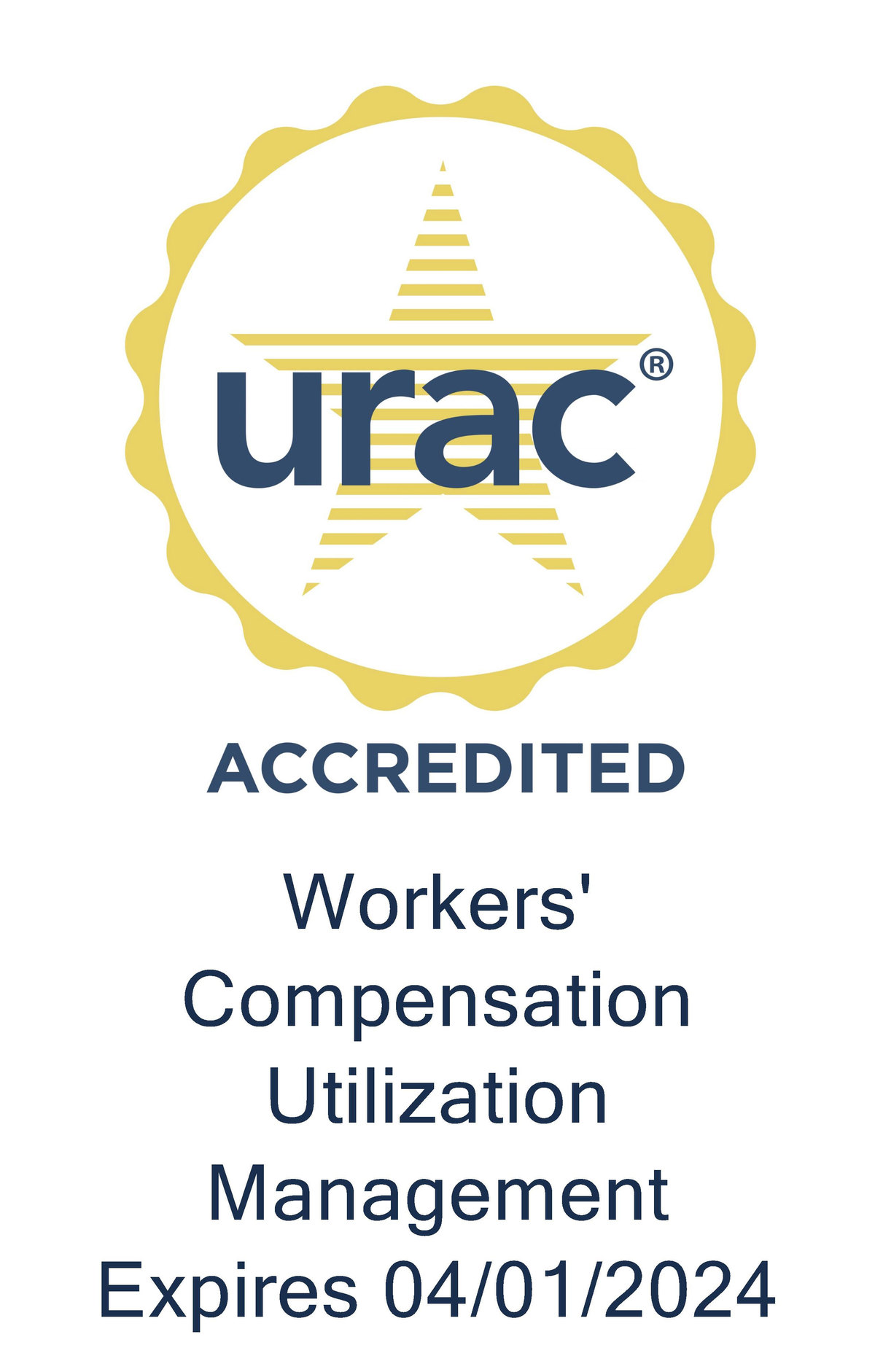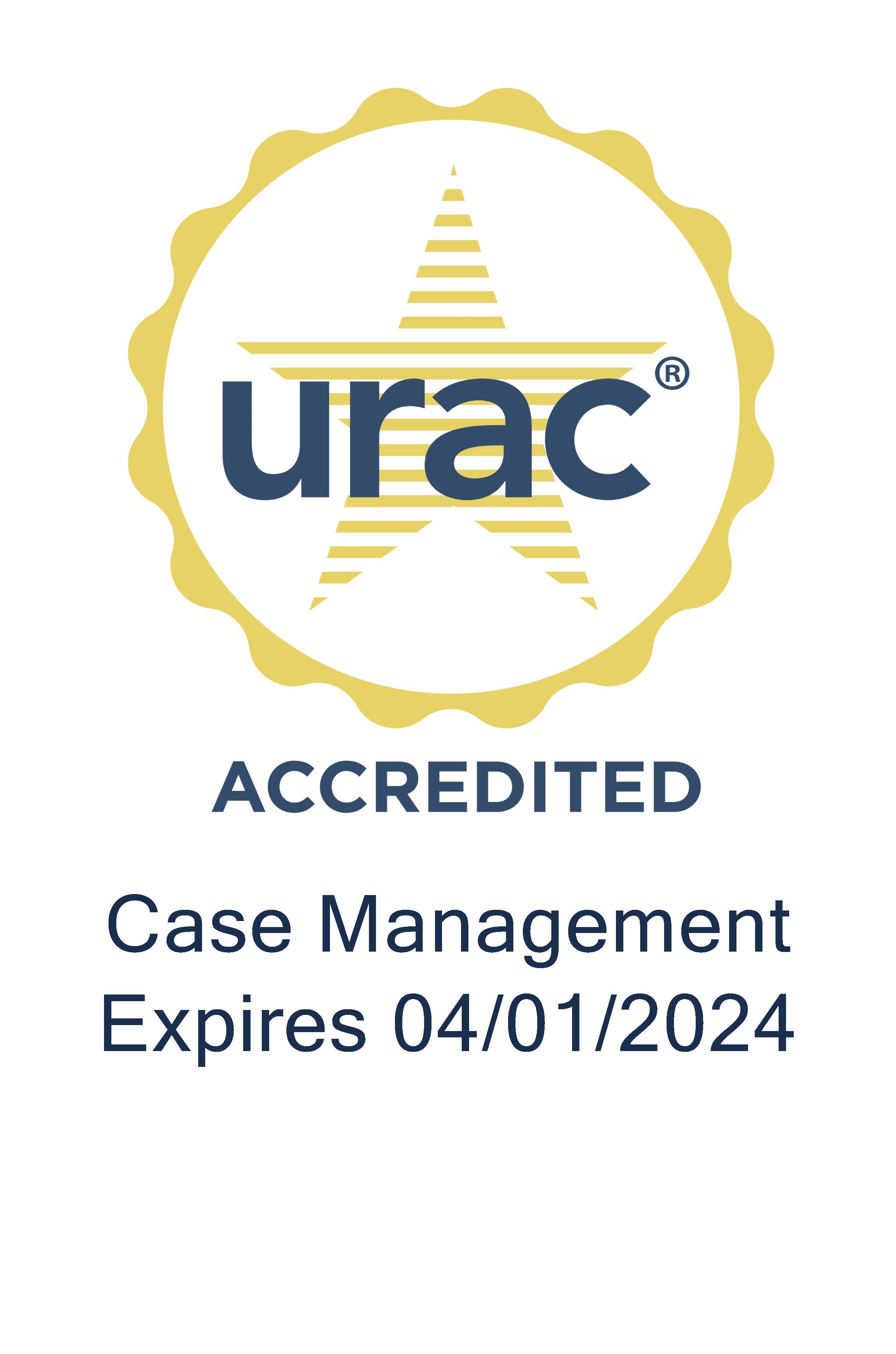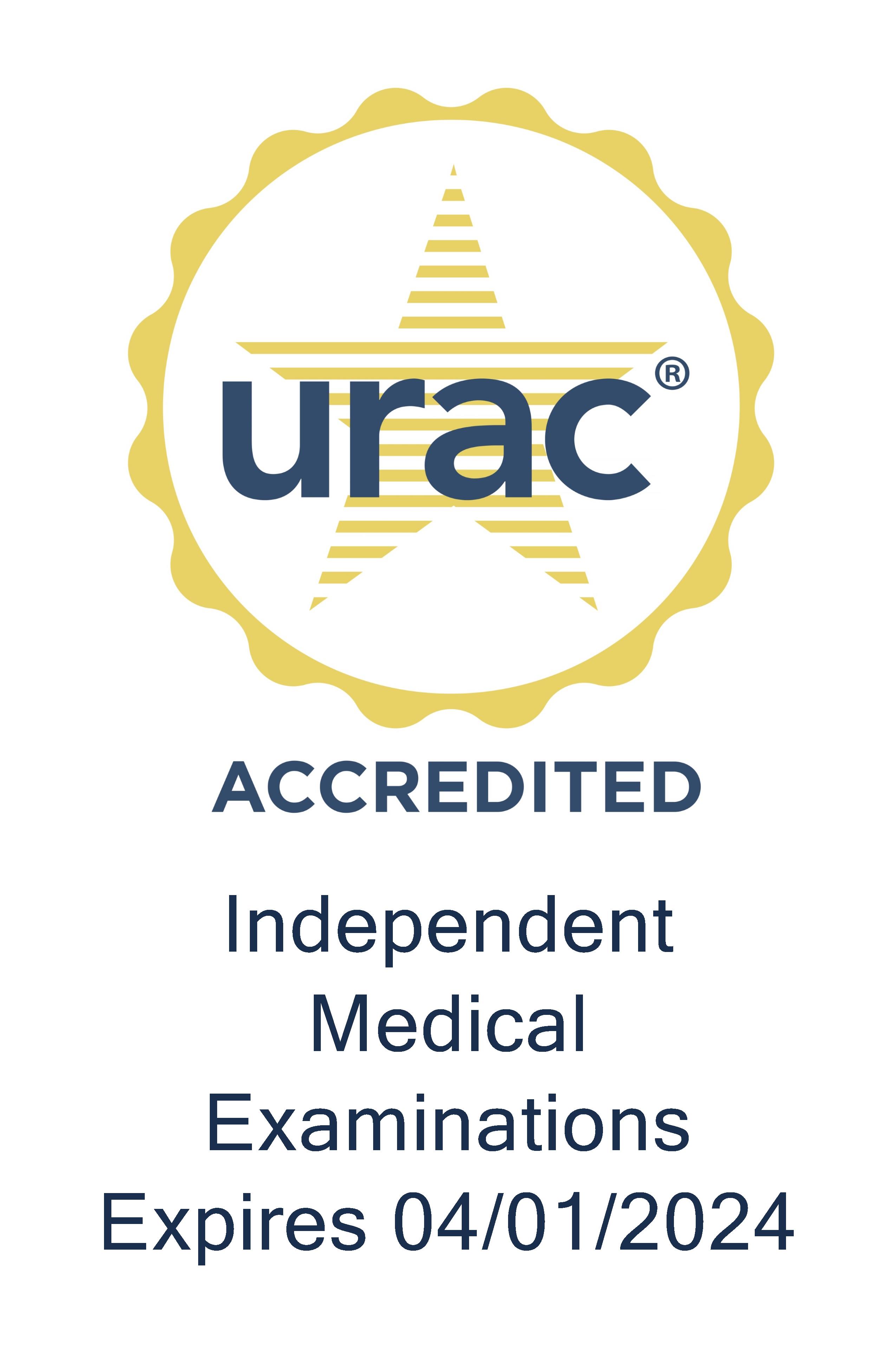As referrals for behavioral health services increase in workers’ comp, provider networks are stepping up to meet the need. Kate Farley-Agee, vice president of network product management for Coventry, joins Inside Workers’ Comp to discuss how this shift is impacting services and what the industry and regulators are doing to improve mental health access for injured employees.
Tom Kerr (TK): Kate, how have recent circumstances impacted mental health concerns in workers' comp?
Kate Farley-Agee (KA): Employers, payers and networks are finding that injured worker behavioral health needs are increasing. People are becoming increasingly aware of the impact of behavioral health challenges as a result of the pandemic, as well as how the challenges can contribute to longer duration of injuries and claims.
Many have found the isolation and uncertainty of the past two years taxing on their mental health, with the World Health Organization reporting a 25% increase in the prevalence of depression and anxiety worldwide. Reports of anxiety, substance abuse and depression have increased for injured employees complicated by substance abuse further adding to anxiety and depression.
We are also beginning to see the effect of PTSD from the pandemic in frontline and essential workers. Long COVID symptoms that continue after patients are COVID-negative contribute to the anxiety, depression and substance abuse due to ongoing symptoms including brain fog, respiratory issues, lack of concentration, memory loss, and other cardiovascular, neurological and urinary issues. Psychosocial factors also play heavily into the need for behavioral health support for injured employees.
TK: What are the best ways employers, adjusters, providers can identify mental health issues with an injured worker?
KA: Resources such as ODG return-to-work guidelines are incredibly useful. Also, organizations such as AECOM, and states such as California and Colorado have developed guidelines for behavioral health providers. Behavioral health screenings and assessments used by group health primary care physicians may also be incorporated when treating an injured employee.
Close communication with the case manager or primary treating provider to assess mental health factors is also helpful. Asking injured employees how they are feeling about their recovery, if they’re sleeping well or feeling anxious or depressed, can aid in identifying mental health concerns. Missed appointments and cancellations can also be an indicator. Self-reporting surveys that focus on the injured employee’s perception of injury and recovery progress, expectations of return to function, and fears that may interfere with recovery, can also be effective in identifying mental health issues.
TK: Historically, there have been concerns about compensability for mental health claims when it comes to specialty networks. Is that still the case?
KA: It is definitely more acceptable than it once was. Commercial and group health patients seek out treatment and providers through licensed clinical social workers, psychiatrists, psychologists, therapists, etc. Workers’ compensation payers are looking at specialty networks for this purpose and engaging current medical networks to identify these specialists. We believe it will continue if workers’ compensation payers and employers see better outcomes with the addition of behavioral health services for injured employees.
TK: How do delays in behavioral health referrals affect outcomes?
KA: Some states require a referral from the primary treating provider prior to services, which could delay behavioral health intervention needed to get the injured employee back to full function after an injury and complicate the duration or function. It will be interesting to see how this impacts policies over the next year or two. We anticipate having many more conversations with all stakeholders on the education and policies needed to support injured employees’ similar to the commercial health care studies we have seen.
TK: Do you think the growing remote workforce will have an impact on mental health claims in comp?
KA: The mental health issues outlined above can have an impact on all injured employees. The uncertainty and daily life pressures, anxiety and depression have a negative impact on recovery in many cases. Similarly, the incidence of depression can be more closely tied to isolation and, as we all know, working remotely can be quite different than the social environment of onsite work locations. Offering behavioral health support along with medical services, as appropriate, can positively result in shorter injury duration resulting in more well-balanced individuals.
TK: Are there new regulations involving mental health in workers’ comp?
KA: Many states have passed new interstate licensure compacts for professional counselors as well as a vast expansion of telehealth for behavioral health. These compacts allow providers in one state to practice in other states that participate in the compact. This also allows for more telehealth access to additional specialties. Also, emergency orders granted during COVID have been extended to allow for more telehealth opportunities for injured employees. States are also working on new regulations regarding mental health.
TK: What type of mental health providers are available through the Coventry network and how can professionals access them?
KA: Coventry has approximately 120,000 behavioral health specialists in our broad-based national network. Workers’ comp professionals have access to psychiatrists, psychologists, counselors, therapists and licensed clinical social workers in the network. Providers can be found through our provider search tool. Clients using Coventry Connect can also link directly to the provider locator tool in the portal.





